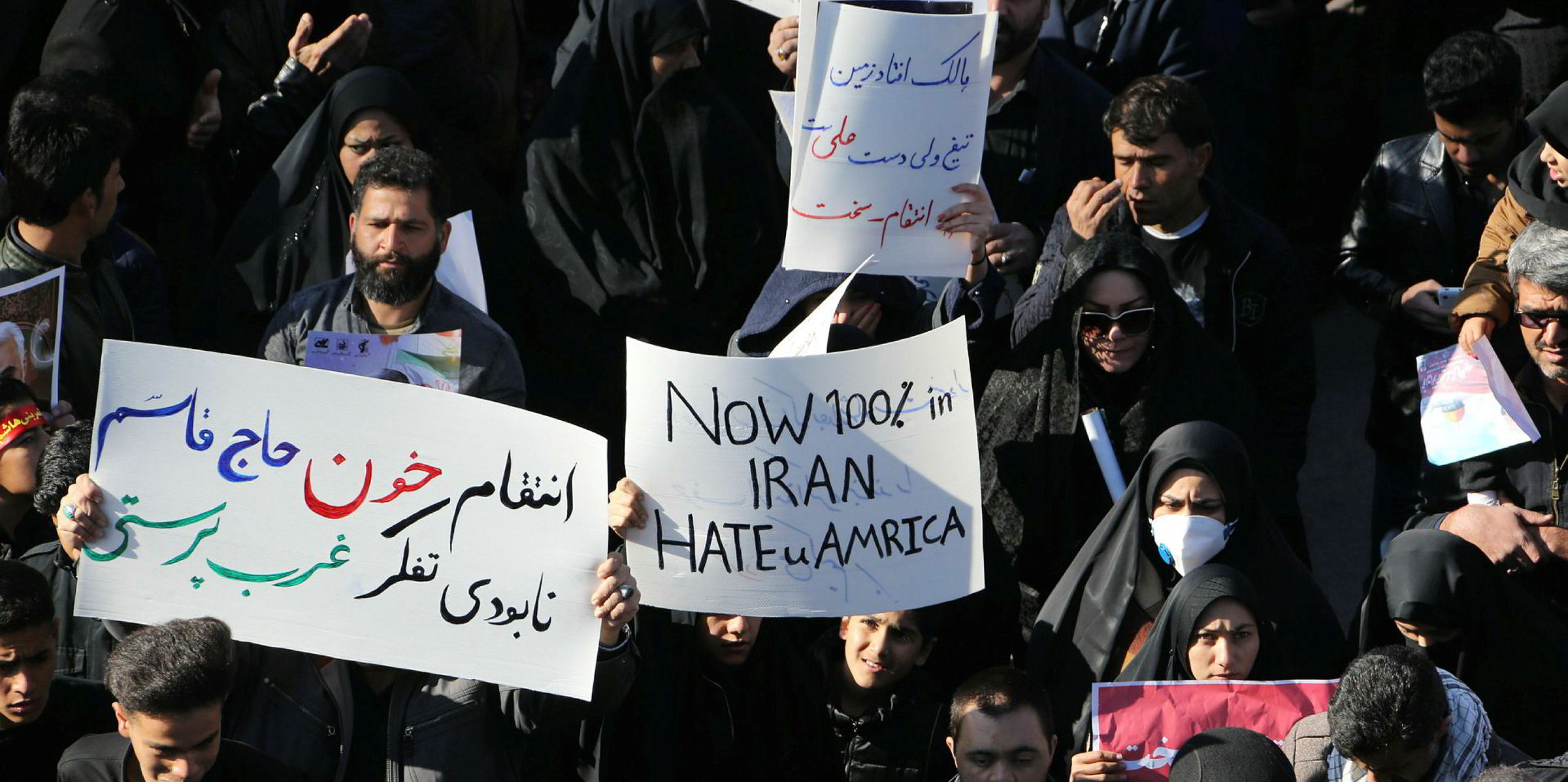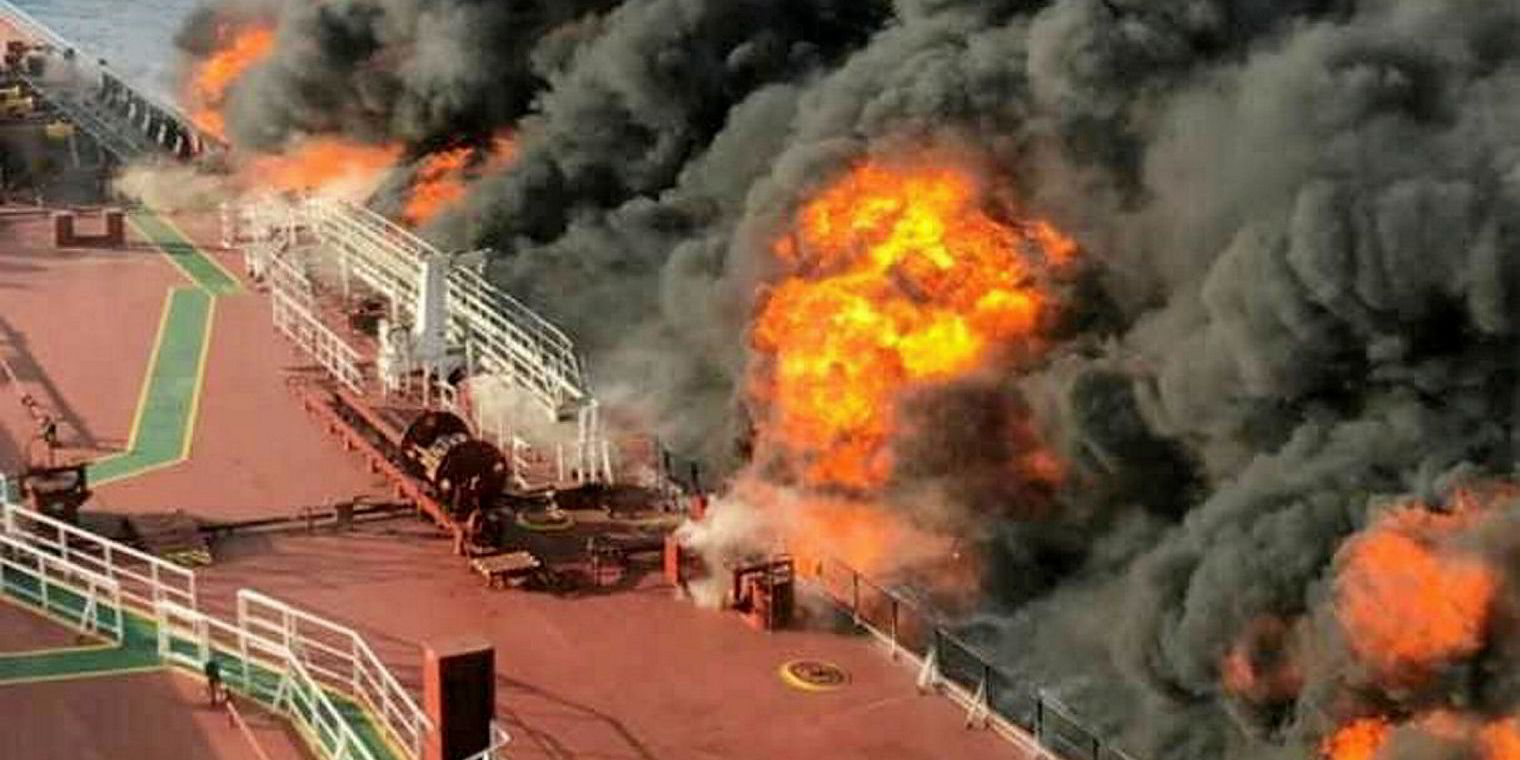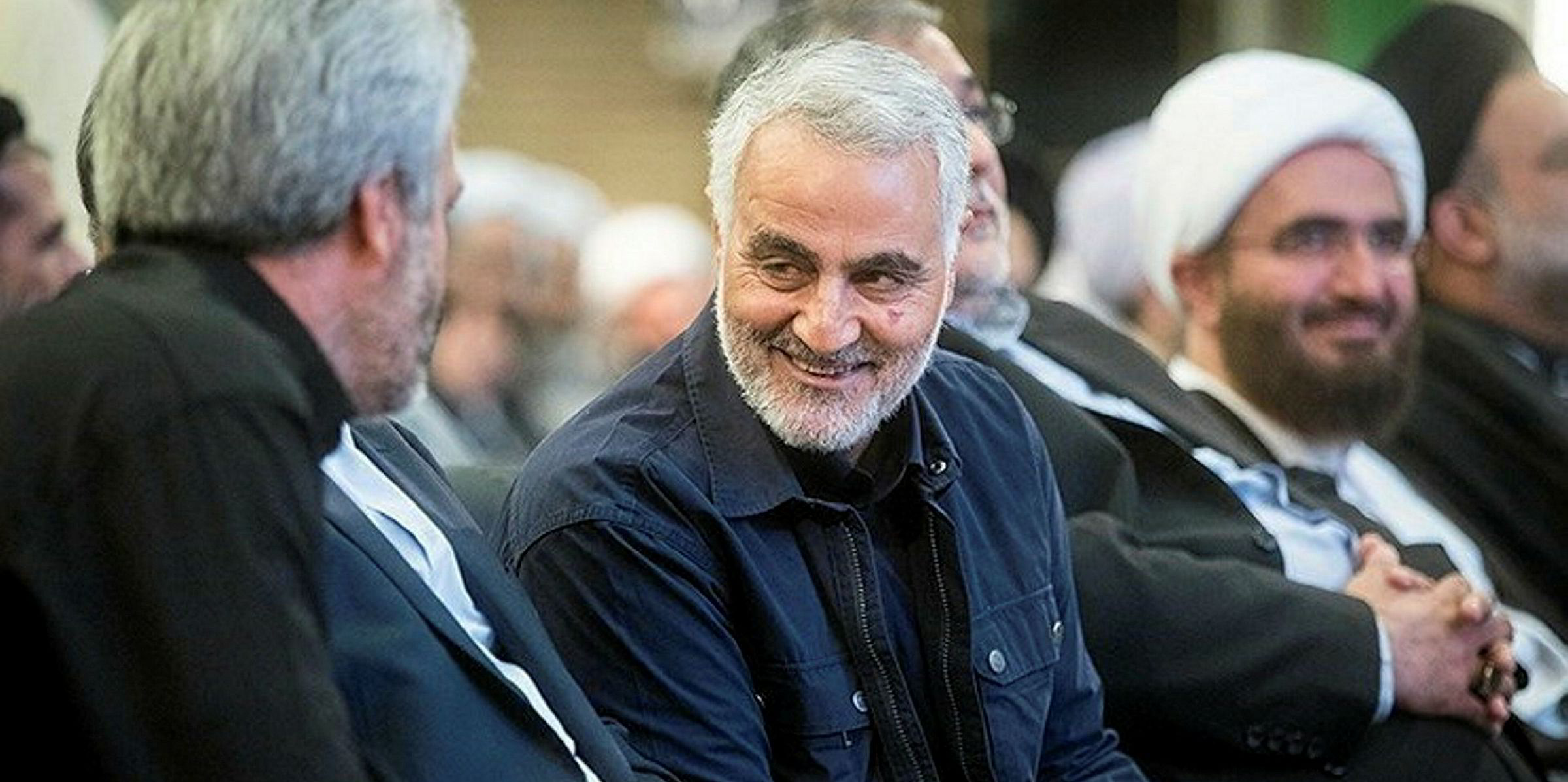Shipping confidence hit a six-year high in the run-up to the new year, according to one survey — but will have taken a severe knock in recent days.
The drone strike ordered by Donald Trump on a top Iranian military commander has pushed geopolitics back to the top of the news agenda.
The assessment of maritime business sentiment by accountant BDO last month recorded shipowners and managers in high spirits.
Receding fears
Confidence is built on an improved tonnage supply/demand balance coupled with fears of global recession receding.
But it was also triggered by signs that the US trade war with China is winding down with a planned “phase one” peace settlement.
There was no expectation when the survey took place that the US would stick a poker into the ashes of the unstable Middle East, home to the world’s biggest oil producers.
The assassination of General Qassem Soleimani and further threats to attack 52 other Iranian targets has fanned the flames of conflict. It has also highlighted, once again, the unpredictability of the world’s most influential political leader.
Trump's threat to impose sanctions on Baghdad as well as Tehran if US troops are expelled from Iraq has spread the sense of volatility.
The prospect of Iranian attacks on Western tankers in the Middle East Gulf is now high and hull insurance rates have soared.
The price of oil has rocketed past $70 per barrel, while equity markets have fallen and the value of safe-haven commodities, such as gold, have risen.
Of course, the BDO survey is as volatile as the shipping industry itself. The last quarterly report from the accounting firm in October recorded maritime confidence at its lowest level for two-and-a-half years.
Containership owners were particularly pessimistic about the future, but tanker and dry bulk operators were also concerned about the China/US trade war (then still at its most volatile) and other political uncertainties such as Brexit (now partly resolved domestically as a result of last month's big electoral victory for UK Prime Minister Boris Johnson).
Harmony
But BDO partner Richard Greiner, responsible for shipping and transport, said last month: “Despite a slowdown in global GDP, demand for the industry’s services remains strong, while a contraction in the number of newbuildings on order and a steady stream of recycling has brought supply under control. If supply and demand are in harmony, much good will inevitably flow.”
He expected some tonnage to be kept out of operation for the start of the year as owners continue to fit scrubbers to meet the IMO low-sulphur fuel regulations introduced on 1 January.
But credit agency Fitch is more circumspect, concluding: “Demand-side risks remain skewed to the downside, in our view, and may outweigh the benefits of tightening supply growth.”
The US military strikes will cause a premium for those willing to use the Strait of Hormuz but will also prompt a switch in crude-lifting locations. There will be short-term gains for some
Fitch forecasts global container trade volumes to rise by 2.5% in the next 12 months, which is well below the 4.5% average of the past eight years.
The credit agency has predicted dry bulk volumes to rise by 3% in 2020 due to high iron ore and coal shipments. But the fleet size will also increase by a similar amount.
Miserable start
The Baltic Dry Index has had a miserable start to the year at 900 points, a dramatic fall from the September highs of 2,500.
Tankers have recovered a lot from the mid-year trough of 2018, and the year ahead looks okay. Fitch has supply and demand growing by 2.5% and 3.5%, respectively.
The US military strikes will cause a premium for those willing to use the Strait of Hormuz but will also prompt a switch in crude-lifting locations. There will be short-term gains for some.
Outside of military issues in 2020, the global economy should grow by 3.2%, according to Morgan Stanley, while the biggest political event will be Trump’s re-election bid in November.
Johnson will almost certainly announce the formal departure of the UK from the European Union on 31 January, and then try to tie up a trade deal before the end of this year.
The success or failure of implementing the IMO sulphur cap will indicate whether shipping has the flexibility — or will — to prepare appropriately for the bigger challenge ahead: decarbonisation.
There are exciting opportunities offered by digitalisation but also the need to safeguard the human seafarer from piracy — or just stress.
And so for relaxation and escapism in 2020? The Champions League football final in Istanbul or the Olympic Games in Tokyo will do for some of us.





